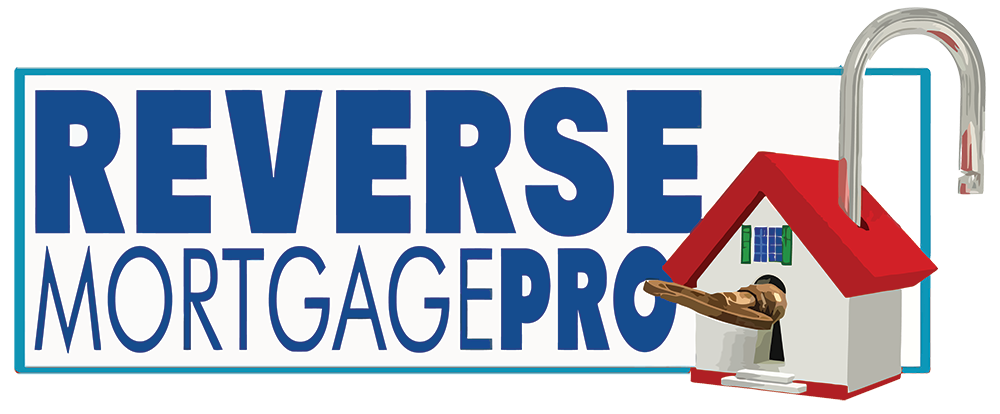There are many financial tools you can choose from to realize your plans for life in retirement. One of these options, the reverse mortgage line of credit (LOC), is increasingly becoming popular among seniors. If you’re considering getting one, let’s discuss how it works and its pros and cons to help you decide.
The Reverse Mortgage LOC and Its Benefits
This type of loan lets senior homeowners withdraw from their home equity as needed without the burden of monthly payments. Instead, the loan is only repaid once the home is sold or the borrower moves out or passes away. Homeowners can also access funds for any purpose, be it home repairs, medical bills, or day-to-day living expenses.
The line of credit’s unused portion increases over time, offering greater access to funds in the future, particularly when considering long-term costs like healthcare. Moreover, withdrawals are tax-free, meaning borrowers get the total amount and enjoy extra cash flow without impacting taxable income.
How It Works
Applying for this line of credit begins with an eligibility check. The borrower must be 62 or older, own a home equity portion of 50% or higher, and live in the house as their primary residence. A counseling session with a HUD-approved financial advisor comes next. This discussion is mandatory to ensure the borrower understands how this line of credit works and its costs and drawbacks. The counselor will also help clarify whether this loan suits the borrower’s needs.
Afterward, the borrower must work with a credible lender to complete the application. The lender will determine the available credit limit based on the youngest borrower’s age, current mortgages, and the home’s appraisal value. Once the loan is certified, the borrower can start drawing funds.
When it comes to repayment, borrowers can either sell the home, surrender it to the lender, refinance or pay off the loan, or sell it to finish repayment. If the homeowner dies, the heirs can either pay off the debt and keep the house or sell it to finish repayment. Any remaining equity after the sale will go to the owner’s estate.
Considerable Drawbacks
While a reverse mortgage LOC sounds appealing, it also has limitations. That includes:
- High Upfront Costs: It comes with significant expenses, including origination fees and mortgage insurance.
- Accrued Interest: While you aren’t paying monthly, interest accumulates on the borrowed amount. It gets added to the overall balance and grows until the debt is repaid.
- Less Home Equity: Since this option borrows from your home’s value, your home equity shrinks. Consequently, it reduces the amount available to your heirs.
Leverage Home Equity With Reverse Mortgage Pro’s Guidance
A reverse mortgage line of credit undoubtedly offers financial flexibility and significant benefits to senior homeowners. However, it’s still best to evaluate your goals and circumstances first to determine whether it’s the right option for you. Connect with our reverse mortgage specialists in Richmond and Hampton Roads, VA, for more insights.


